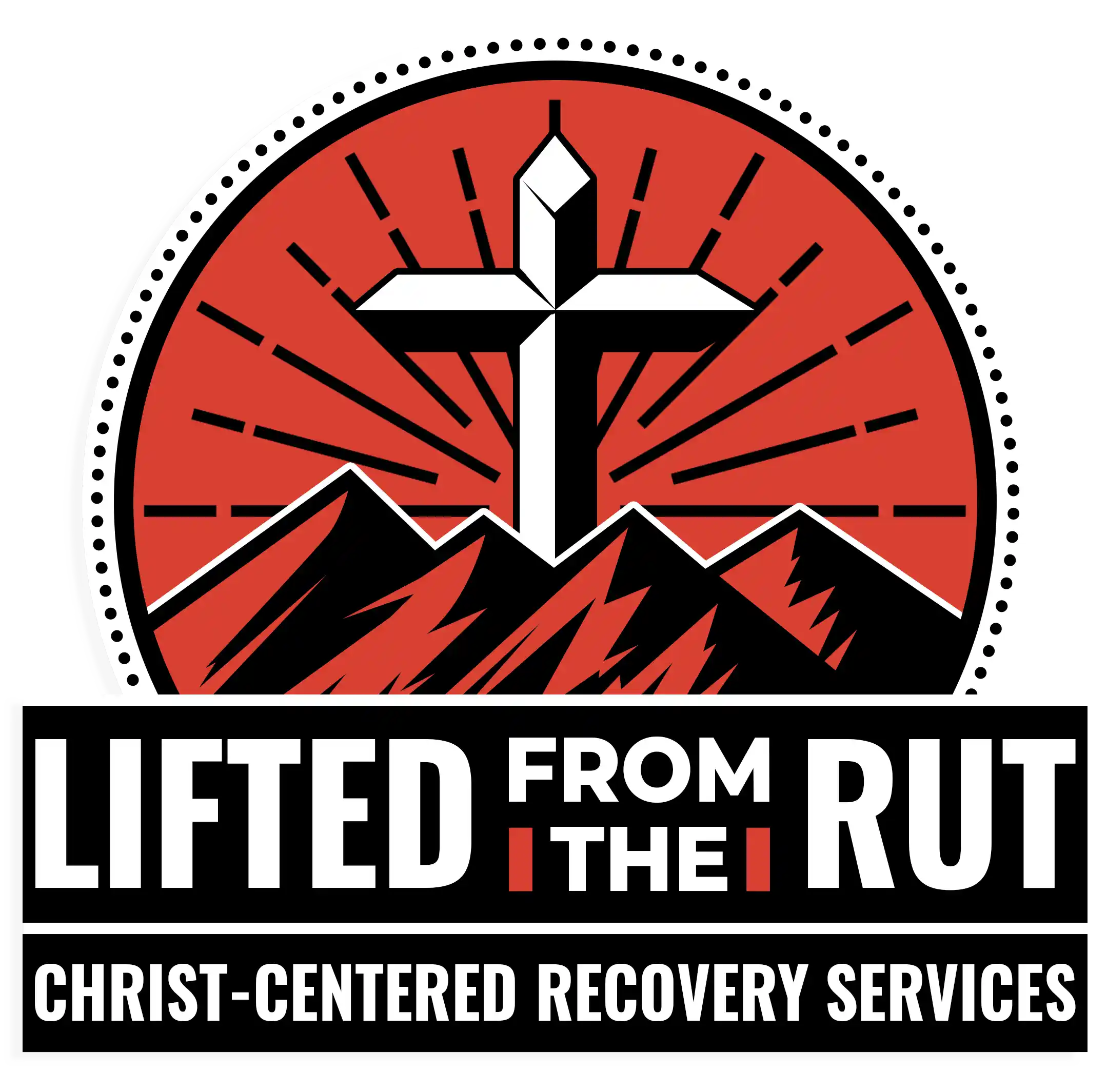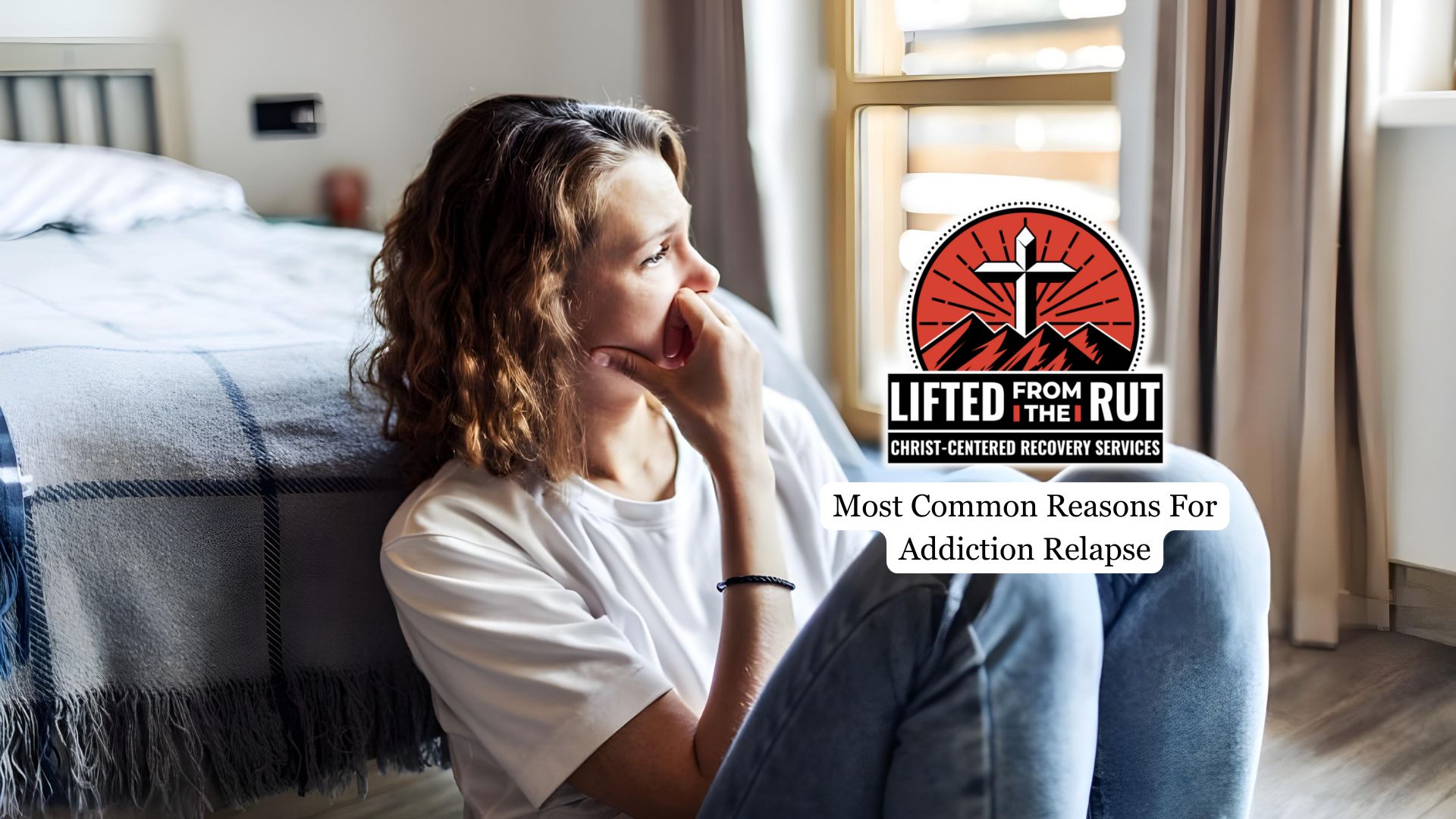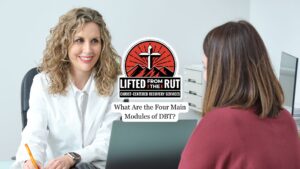Addiction relapse marks the return to substance use after a period of sobriety and is a common challenge in the recovery journey. Understanding why relapse happens is crucial for developing effective strategies to maintain long-term recovery. It’s important to recognize that relapse is not a failure but often part of the process, offering valuable lessons for growth and resilience.
This article will explore the most common reasons for addiction relapse, helping individuals and their support systems identify triggers and develop practical strategies to prevent relapse and sustain lasting recovery.
Key Triggers That Lead to Addiction Relapse
Relapse can be triggered by a variety of factors that affect both the body and mind. Understanding these common causes is key to building a strong foundation for lasting recovery.
One effective way to avoid relapse is by seeking help from an addiction recovery center with a dedicated relapse prevention program, where trained professionals provide structure, support, and personalized guidance. While relapse can be discouraging, it’s often a part of the recovery process. It’s not a sign of failure, but a signal that more support or new strategies may be needed. Being in a dedicated recovery environment helps reinforce healthy habits and equips you with the tools to navigate challenges before they lead to setbacks.
Withdrawal Symptoms
One of the most immediate and powerful triggers for relapse is the experience of withdrawal symptoms. When someone stops using substances, their body and brain undergo physical and psychological changes that can cause intense cravings, insomnia, nausea, anxiety, and mood swings. If these symptoms are unmanaged or untreated, they can overwhelm an individual’s ability to stay sober, increasing the risk of relapse.
Mental Health Issues
Co-occurring mental health disorders such as depression, anxiety, and bipolar disorder frequently contribute to relapse. Untreated or poorly managed mental health conditions can intensify negative emotions and cognitive distortions, making it harder to resist the urge to use substances as a form of self-medication.
Stress and Emotional Triggers
Stress is one of the leading causes of relapse. Financial difficulties, relationship conflicts, work pressures, and social stressors can all challenge an individual’s coping mechanisms. When stress becomes overwhelming, the temptation to use substances as a way to escape or numb feelings can become strong. Learning healthy stress management techniques is vital for sustaining recovery.
Social Influences and Peer Pressure
The people and environments around an individual play a significant role in relapse risk. Being exposed to friends, family members, or social circles who use substances can trigger cravings and increase the likelihood of relapse. Peer pressure and attending social gatherings where substances are present also create high-risk situations that require careful navigation.

Environmental Triggers
Certain places, situations, or sensory cues such as smells, sights, or sounds linked to past substance use can provoke cravings. These environmental triggers can unconsciously prompt the desire to use again. Avoiding or preparing for these triggers by changing routines or environments is an important relapse prevention strategy.
Poor Self-Care and Lifestyle Factors
Neglecting physical health through poor sleep, inadequate nutrition, lack of exercise, or an unstructured lifestyle weakens an individual’s resilience. Without a strong foundation of self-care, it becomes more difficult to manage stress and cravings, increasing the risk of relapse. Building healthy habits supports both physical and emotional well-being in recovery.
Relationship and Intimacy Issues
Unresolved family conflicts, interpersonal problems, and feelings of loneliness can contribute to relapse. Supportive and healthy relationships are a protective factor in recovery, while toxic or stressful relationships may increase vulnerability. Addressing relationship issues and fostering connection helps maintain sobriety.
Overconfidence and Pride
Sometimes, individuals in recovery may feel overconfident in their ability to control substance use or handle triggers without support. This complacency can lead to risky situations and relapse. Maintaining humility and ongoing vigilance, as well as seeking support when needed, is critical for sustained recovery.
Other Contributing Factors
Additional factors that can contribute to relapse include legal or financial problems, chronic pain, and the use of prescription medications. Lack of access to ongoing treatment or support services also poses a significant risk. Addressing these issues proactively can reduce relapse likelihood.
Strategies to Prevent Relapse
Preventing relapse requires a personalized plan that includes developing coping skills, engaging in therapy, and participating in support groups. Incorporating faith and regular prayer can offer spiritual strength and clarity, grounding individuals in hope and resilience during difficult moments.
Recognizing triggers, building a sober support network, and maintaining healthy routines are essential components. Ongoing commitment to recovery and self-awareness help individuals navigate challenges successfully.
Final Thoughts from LFTR Christ-Centered Recovery Services
Understanding the reasons for relapse helps individuals and their support systems prepare and respond effectively. Rather than seeing relapse as failure, it should be viewed as an opportunity to learn and strengthen the path toward lasting sobriety.
At LFTR Christ-Centered Recovery Services, we understand that relapse can be a painful detour on the lifelong journey of recovery. Whether you’ve recently experienced a setback or are working to prevent one, our team offers guidance rooted in both clinical insight and spiritual truth, personalized care, and proven strategies to help you regain your footing and continue forward with renewed strength.





